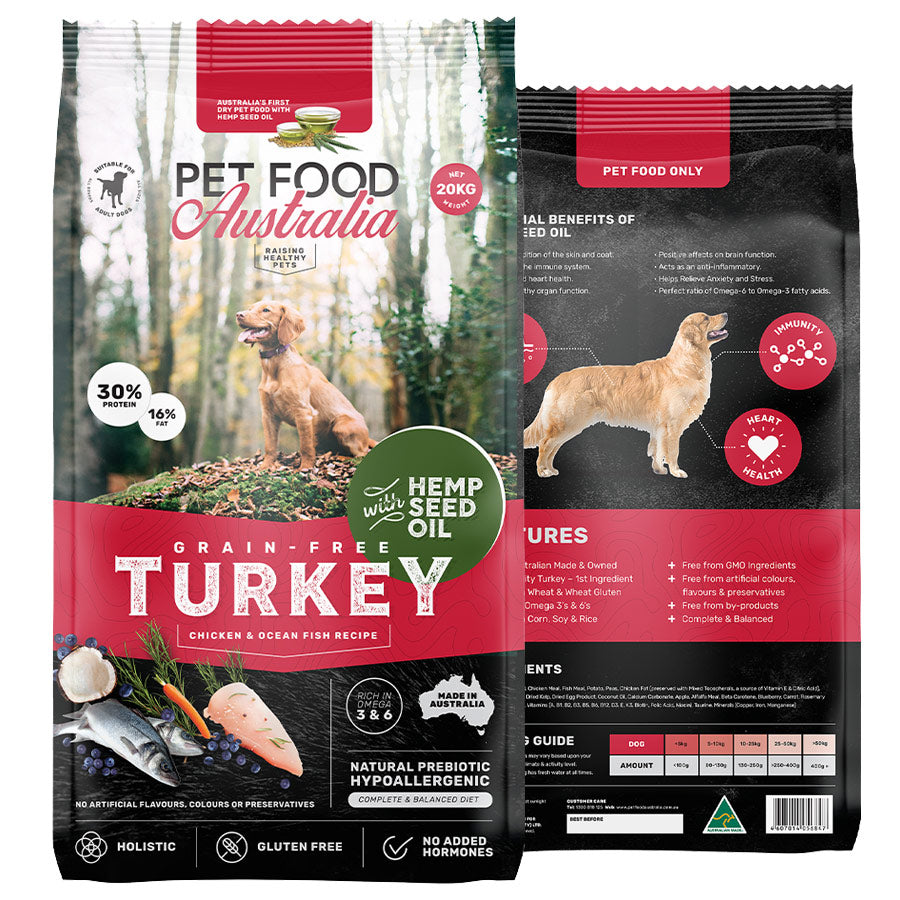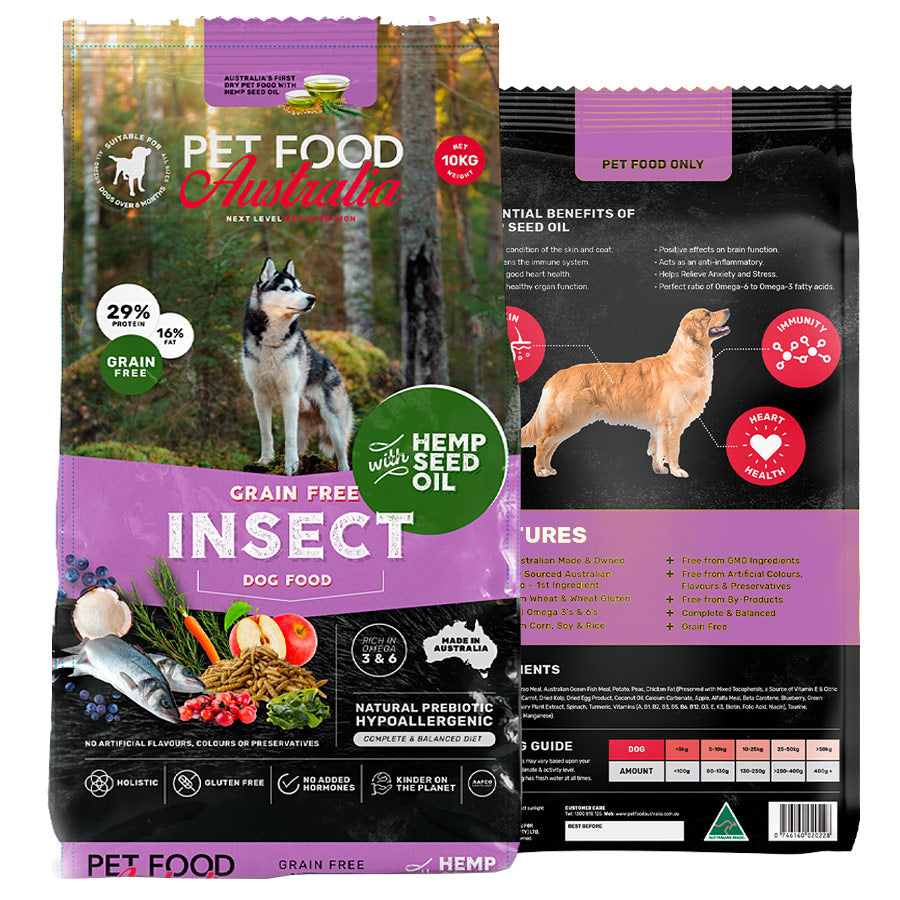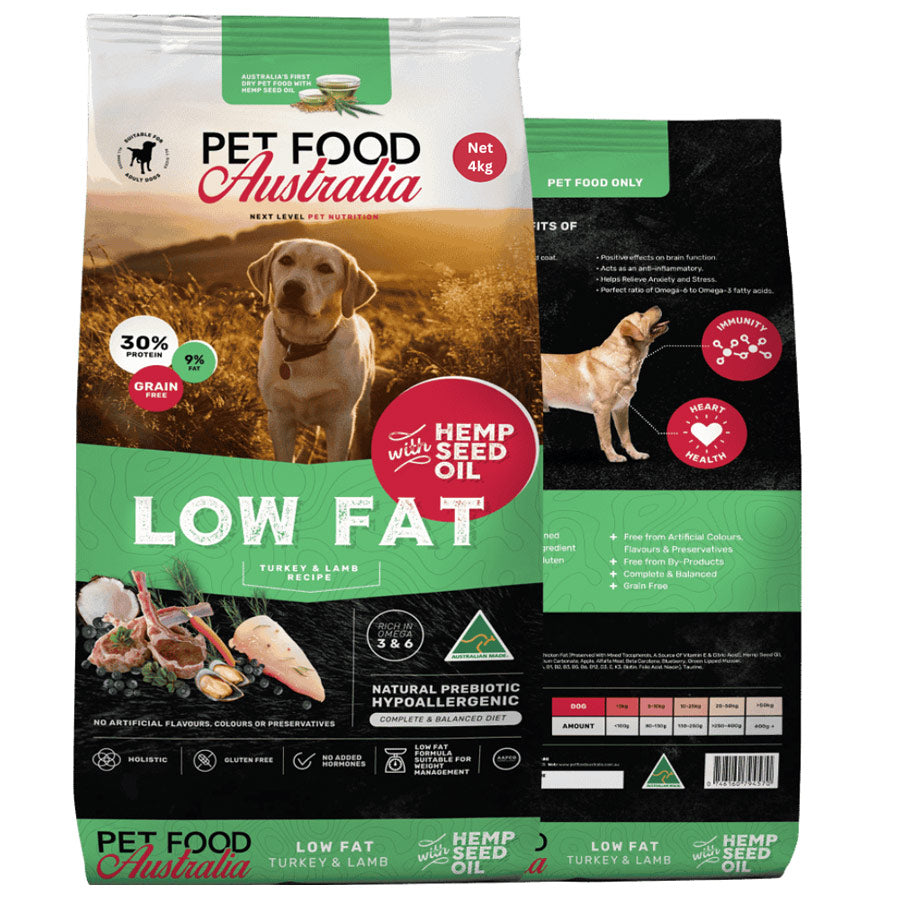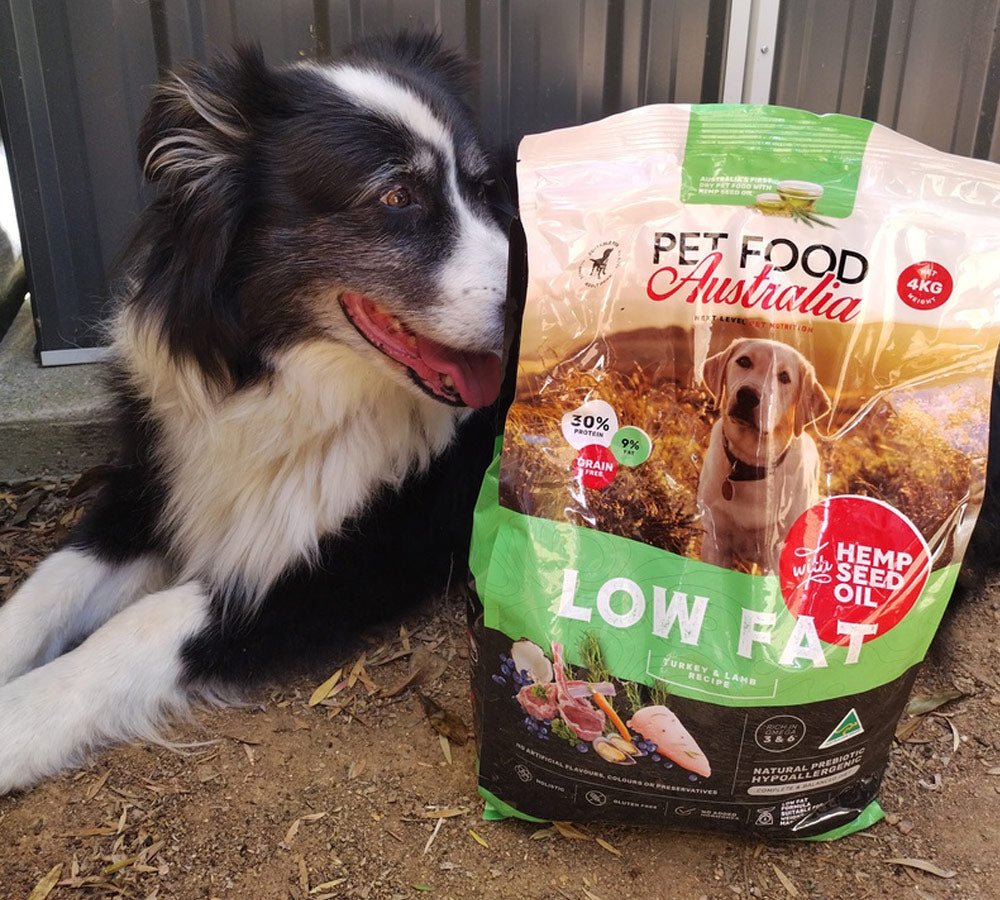What To Do If Your Dog Eats Chocolate

Yes, there are many human foods that dogs can eat safely, but chocolate is not one of them. As a pet owner, at some point, you will probably be guilty of the Google search, 'What To Do If Your Dog Eats Chocolate?' And that's okay.
Knowing how chocolate affects your pet and the correct measures to keep them safe will benefit everyone because accidents happen, and it's better to be prepared than unaware.
Firstly:
How Much Chocolate Is Toxic For My Dog

When it comes to chocolate poisoning for dogs, a few factors will determine the severity of the case. Including:
-
The size of your pet
-
How much actual chocolate your dog ate
-
What type of chocolate did they ingest (dark, white, milk, etc.)?
Theobromine is a chemical in chocolate similar to caffeine, and it's this ingredient that is highly poisonous for pets. Pets' digestive systems cannot break down this chemical the way a human digestive system can, which is what makes it so dangerous.
Different types of chocolate contain different amounts. But as a general rule, the more bitter the chocolate, the higher the level of toxicity for your dog and, therefore, the more dangerous it is.
What Are The Symptoms Of Chocolate Poisoning

If your dog has ingested chocolate, look out for the following symptoms from anywhere between 4 - 24 hours after they've eaten it:
-
Vomiting
-
Diarrhoea
-
Seizures
-
Foaming at the mouth
-
Heart racing
-
Crying
-
Increased thirst
-
Muscle spasms
Chocolate is poison for dogs, and what they experience after they've had some isn't pleasant. If your dog has ingested a lot of chocolate, it can unfortunately lead to cardiac arrest or permanent internal damage to their organs.
What To Do If Your Dog Eats Chocolate

If your pet has eaten chocolate, it needs to be taken to the vet—even if it is as a precaution. If your dog doesn't receive the correct treatment, it can lead to permanent internal damage, and that's something you do not want on your conscience.
How Is Chocolate Poisoning Treated

Treatment will depend on how much chocolate your pet consumes, but no antidote for theobromine/chocolate poisoning exists. Typically, the first step would be to induce vomiting so the toxic chemical doesn't become absorbed into your dog's body.
Again, depending on severity, your vet may administer IV fluid to flush the poison from your dog's system and/or feed it activated charcoal, which will absorb any theobromine left in its body.
Potential Long-Term Effects of Chocolate Poisoning
While many dogs will recover from chocolate poisoning if treated quickly, some may experience lasting effects. These could include:
-
Damage to the heart: In severe cases, chocolate poisoning can cause heart problems, especially if not treated quickly.
-
Kidney or liver damage: Excessive theobromine intake can stress your dog's organs.
-
Neurological issues: Seizures or muscle tremors could lead to long-term problems if the poisoning is severe.
Chocolate poisoning is a serious risk to our furry friends, but with quick action and proper care, many dogs can recover fully. Pet owners need to be able to recognise the symptoms of chocolate toxicity and understand its potential long-term effects on their pets' health. Prevention is always better than the cure—keeping chocolate safely out of reach and being vigilant about what your dog has access to can help you avoid these dangerous situations.
If an accident does happen, remember that time is of the essence. Always contact your vet immediately for advice and treatment.
If you’re interested in learning about more foods that are dangerous for dogs, visit our previous blog:
10 Fruits & Vegetables That Are Toxic For Dogs












